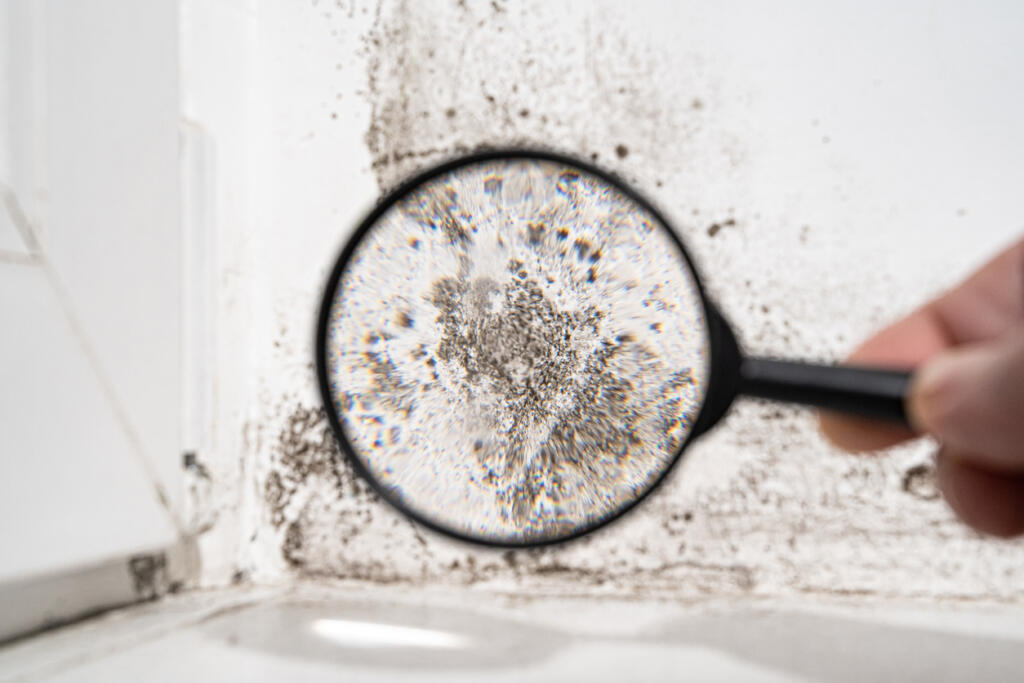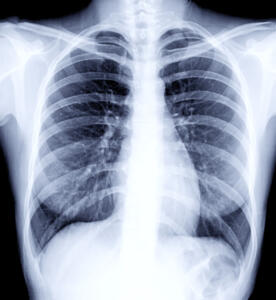Mold is typically known for its unsightly appearance and unpleasant smell. If left unaddressed, however, it can cause more harm than just being offensive to the eyes and nose. Beyond the obvious cosmetic and structural damage it can inflict on our homes, mold poses critical risks to our overall well-being. It is time we shed light on the health problems associated with mold exposure and emphasize the significance of early detection through preventative scans.
Schedule your preventative health scan
Is mold dangerous?
Molds are a common occurrence in buildings and homes everywhere. Mold grows in places with excess moisture such as leaks in roofs, windows, or pipes, or where there has been flooding. Mold thrives on paper products, cardboard, ceiling tiles, and wood products.
Typically, molds aren’t an issue indoors; however, if the spores land on a wet or damp spot, they can begin to grow and pose health risks. Mold can produce allergens, irritants, and mycotoxins. Some molds can be toxic, particularly to those who have a sensitivity to them. These fungi are not something to panic about, but they do have the potential to be dangerous under certain circumstances.
Can mold cause health issues?
Mold exposure can easily lead to a number of health issues. The seriousness of health issues mold can contribute to may be surprising since mold exposure is relatively common. However, if left untreated, the consequences could be devastating. If you think you may be suffering from symptoms due to a mold reaction, take the time to look into scheduling a preventative health scan. The best weapon you have is a proactive approach to combating potential health issues from mold.
What health issues come from being around mold?
Respiratory problems
Exposure to mold spores can trigger or exacerbate respiratory issues, especially in susceptible individuals. Mold releases tiny particles into the air that, when inhaled, may lead to allergic reactions, respiratory infections, asthma attacks, and even pneumonia. Symptoms include coughing, wheezing, shortness of breath, nasal congestion, and sore throat.
Allergic reactions
Mold allergies are a common occurrence, and even those without prior allergies can develop sensitivities. Mold spores can provoke an immune response, triggering adverse symptoms like itching, redness, watery eyes, sneezing, runny nose, and skin irritation. Identifying and eliminating mold sources can significantly alleviate these reactions. It is also recommended to seek medical treatment and discuss preventative measures that can be taken to protect your health
Neurological effects
Some research suggests a potential link between mold exposure and neurological symptoms. Prolonged exposure to mold toxins, known as mycotoxins, has been associated with cognitive impairment, memory loss, difficulty concentrating, mood swings, and even depression. Early identification and prompt treatment can help reduce such risks.
Chronic fatigue and weakness
Unexplained fatigue and weakness can be attributed to mold exposure, as mold toxins can affect energy levels and overall vitality. The presence of mold in indoor environments should be considered as a potential contributor to chronic fatigue and addressed proactively.
Importance of early detection with preventative scans
Early detection through preventative scans is vital in mitigating the health risks posed by mold. These scans can identify potential health risks in a timely manner so that effective treatment can be implemented. By identifying and addressing the issue promptly, you can prevent and reduce the potential for negative impacts on your health.
Mold exposure can lead to various health issues, ranging from respiratory problems to neurological effects and chronic fatigue. Early detection through a preventative scan enables you to identify and tackle mold-related issues proactively, minimizing the potential risks to your health. Regular inspections and prompt actions to address mold growth are essential to maintaining a safe and healthy living environment for yourself and your loved ones.
Don’t let mold compromise your health. Book your health scan today and take a proactive approach to this common issue.
References:
Basic Facts about Mold and Dampness. (2022).
Mold. (2022).
Mold Health Risks. (2023).


